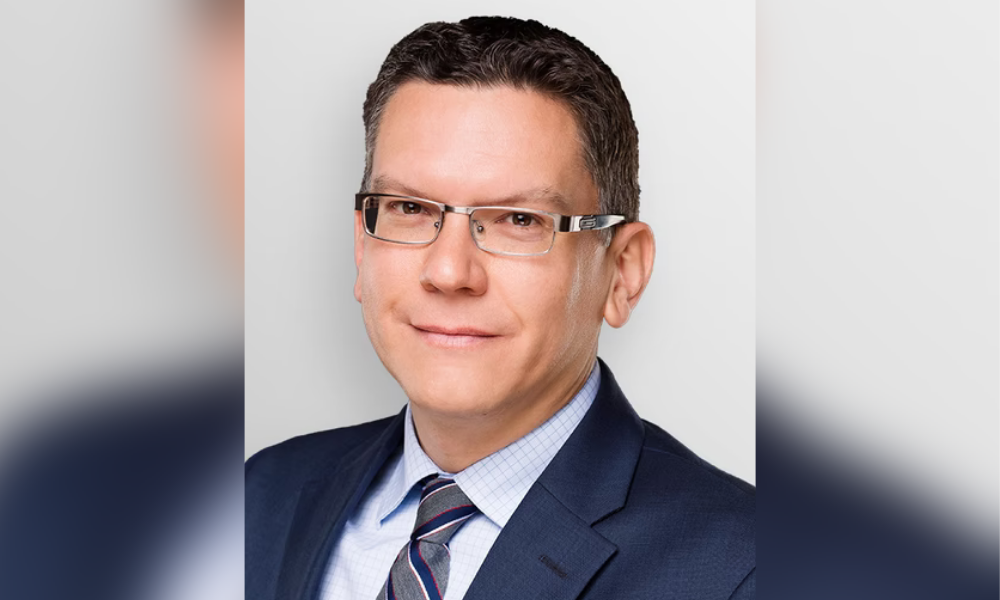Advisors can use technology to reduce the impact, insists software provider

Equisoft Inc. has noticed some interesting patterns emerging as advisors technologically prepare for the client-focused reforms (CFRs), which must be in place by the end of this year.
“This sounds a bit dramatic, but it actually leads to more of an invasive type of experience from the client perspective, especially if the clients don’t understand why there’s all these additional, more invasive-type questions,” Jonathan Georges, Equisoft’s Vice-President of Wealth Management Solutions, told Wealth Professional.
“Instead of viewing this as a negative, it can certainly be seen as an opportunity to strengthen the client relationship. But what we found is it must be done in the right way,” he added, noting online portals allow clients to provide the information in a less intrusive manner than through traditional phone or in-person meetings with advisors.
Equisoft, a software company exposed to fund companies, dealers, and advisors, started digging down into the impact that the CFRs have had, and will continue to have, on the investment industry after it noticed that its software solutions address the CFR enhanced suitability and know-your-product needs, but could be tweaked.
It hired Jennings Consulting and Credo Consulting to assess the CFR’s technological impacts. They flagged four changes. First, there’s been a new focus on technology solutions for both front end and back office. Second, some advisors are redesigning their end-to-end client experience. Third, companies are redoing their policies and procedures to meet compliance needs and, lastly, advisors/dealers are developing a deeper relationship with investors.
Tweaking its software allowed Equisoft to not only retain its current clients, but also enhance its know-your-product solutions to meet the CFR’s suitability requirements and grow its client base by about 25%.
While asset managers, investment dealers, and advisors are analyzing what’s on their shelf, and asking how many funds are duplicated or no longer meaningful, Georges said Equisoft has also noticed that companies aren’t paring back their products to the degree that Equisoft initially expected.
“There’s been a pause and reflection, where clients are saying, ‘do we really need to trim the product shelf? Because a lot of the work is automated’. At the end of the day, the amount of actual effort that’s required at the dealer and advisor level is not as much as originally anticipated,” he said. “So, if we look at it from a broader perspective, we really shouldn’t be trimming product shelves because that would not be in the clients’ best interest.”
Georges noted that’s also true for fund companies, many of which are also opting not to trim their product shelves. They’re focusing, instead, on improving their communication to dealers and advisors to help them learn about their products and provide them with the information they need for the know-your-product (KYP) requirements.
“Before, something like a fund manager change would sometimes be an afterthought to communicate, but this is a fundamental change. So, fund companies now are taking a much more proactive approach to those kinds of communication strategies and providing more tools to help support the dealers’ and advisors’ efforts to meet the KYP requirements,” he said. “That’ a bit unique, but it’s also a trickle-down effect of all of this CFR stuff.”



